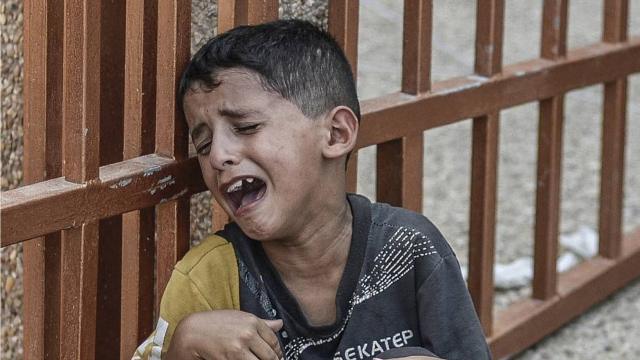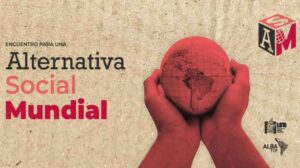LATAM & CARIBBEAN
THE WORLD
Spotlight
- Published on: April 20, 2024
- 12:19
Damascus, Apr 20 (Prensa Latina) Syrian Armed Forces launched on Saturday dozens of attacks with kamikaze drones on terrorist targets in the northwest region, military sources reported on Saturday, cited by the local press.
- Published on: April 20, 2024
- 10:11
Caracas, Apr 20 (Prensa Latina) The celebration of the World Gathering for a Social Alternative, which opened new hopes for the peoples, the withdrawal of Venezuela’s diplomatic corps from Ecuador and the arrival of international observers have stood out in the week that closes this Saturday in Venezuela.
© 2016-2021 Prensa Latina
Latin American News Agency
Radio – Publications – Videos – News by the minute.
All Rigts Reserved.
St. E No 454 , Vedado, Habana, Cuba.
Phones: (+53) 7 838 3496, (+53) 7 838 3497, (+53) 7 838 3498, (+53) 7 838 3499
Prensa Latina © 2021 .
Web Site developed by IT Division Prensa Latina.


































